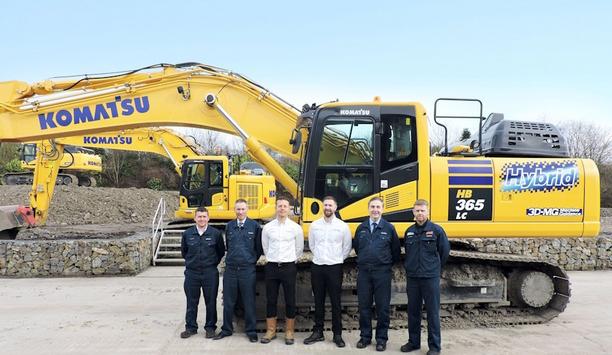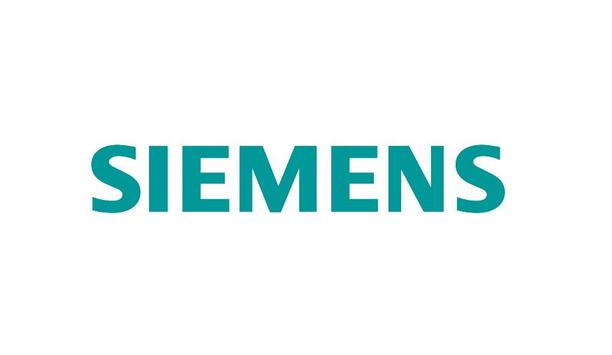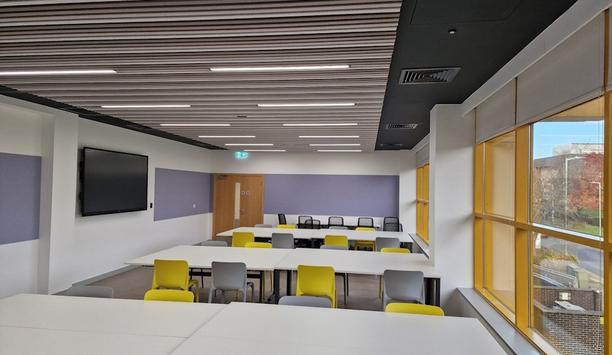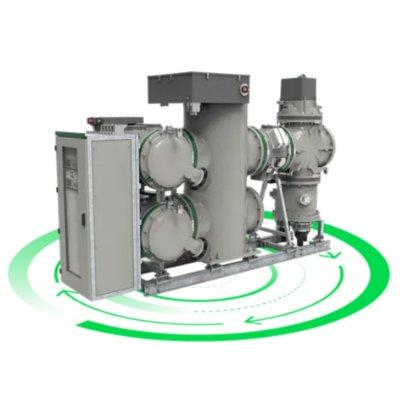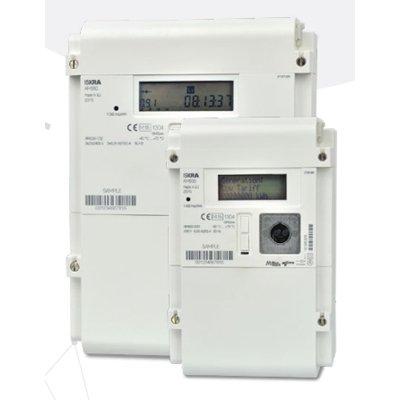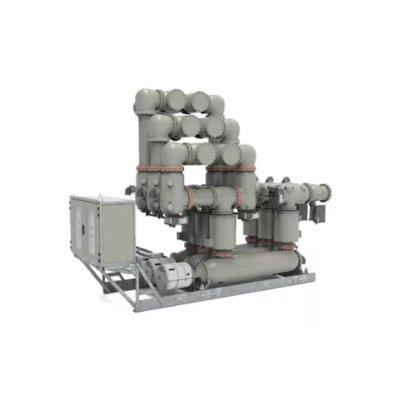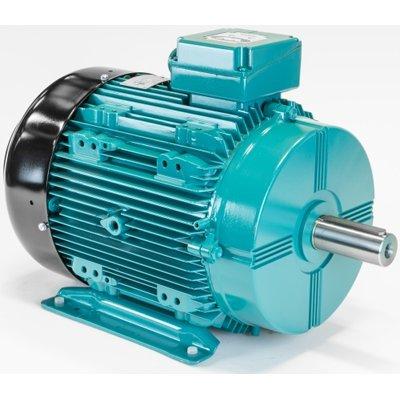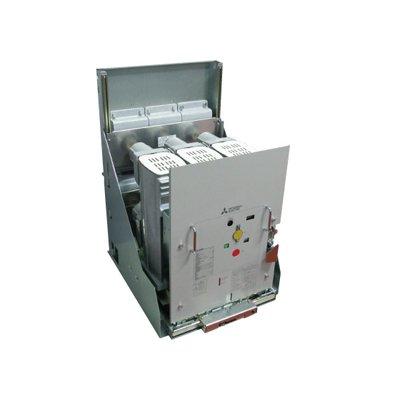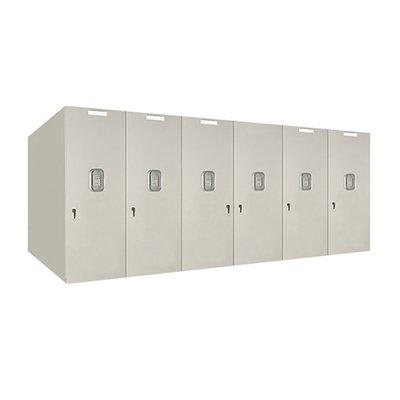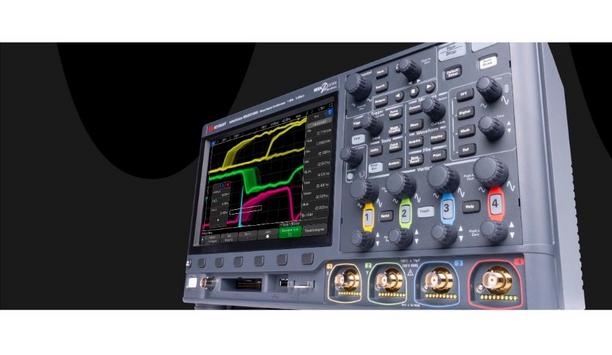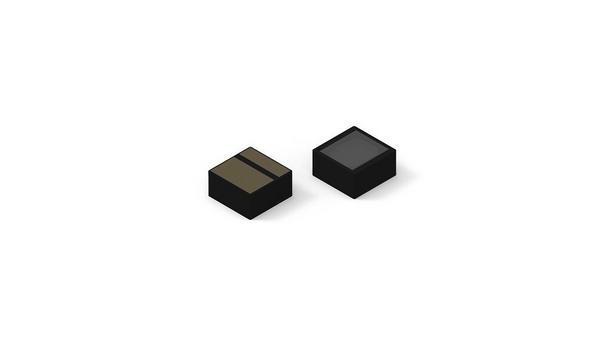Rolls-Royce is officially announcing the development of turbogenerator technology, which includes a new small engine designed for hybrid-electric applications.
The system will be an on-board power source with scalable power offerings and will complement the Rolls-Royce Electrical propulsion portfolio, enabling extended range on sustainable aviation fuels and later as it comes available through hydrogen combustion.
Current battery technology means all-electric propulsion will enable eVTOL and fixed wing commuter aircraft for short flights in and between cities and island-hopping in locations like Norway and the Scottish Isles.
Development of turbogenerator technology
Rolls-Royce experts based in Germany, Norway and Hungary are developing the turbogenerator design
By developing turbogenerator technology that will be scaled to serve a power range between 500 kW and 1200 kW, Rolls-Royce can open up new longer routes that their electric battery powered aircraft can also support.
Rolls-Royce experts based in Germany, Norway and Hungary are developing the turbogenerator design and working on its system integration and are focused on ensuring smart power distribution during flight.
Turbogenerator will recharge batteries after take-off
The turbogenerator will recharge batteries after take-off or power propellers directly, enabling aircraft to switch between power sources in flight. The research and development of this technology is being part funded by the German Ministry for Economic Affairs and Climate Action.
Rob Watson, the President of Rolls Royce Electrical, said “Rolls-Royce will be the leading provider of all-electric and hybrid-electric power and propulsion systems for Advanced Air Mobility, and will scale this technology over time to larger platforms. I would like to thank the German Government for their support. As part of our strategy, we are looking at offering the complete sustainable solution for our customers.”
Extending routes that electric flight can support
He adds, “This means extending routes that electric flight can support through our turbogenerator technology. This will advance hybrid-electric flight and mean more passengers will be able to travel further on low to net zero emissions aircraft.”
Rob Watson continues, “Rolls-Royce is also set to build on our existing network to offer maintenance services for electrical systems. Furthermore, Rolls-Royce Power Systems is able to offer mtu microgrid solutions to support fast-charging of electric aircraft and deliver reliable, cost-effective, climate friendly, and sustainable power to vertiports.”
Pathway to net zero carbon emissions
In 2021, Rolls-Royce announced a pathway to net zero carbon emissions and its electrical technology is one way in which the company is helping decarbonize critical parts of the global economy.
Rolls-Royce is committed to ensuring its new products will be compatible with net zero operation by 2030 and all its products will be compatible with net zero by 2050.


